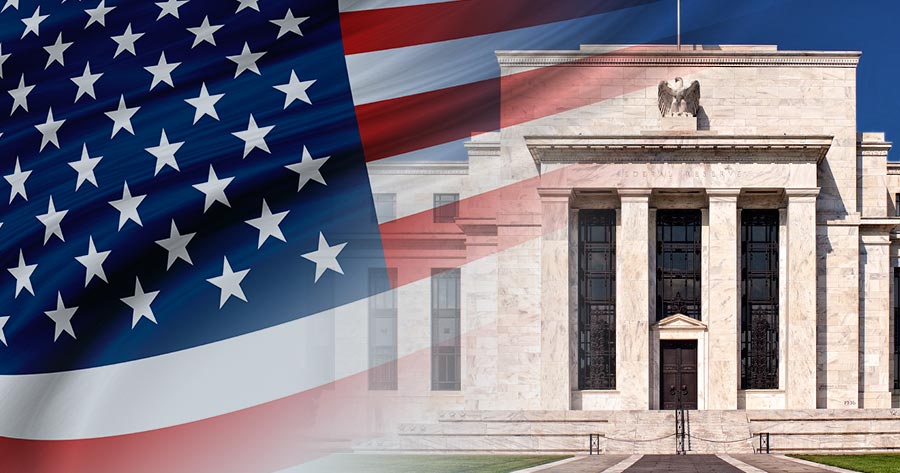Bond holders are facing a difficult time as the registered paper of Credit Suisse’s Additional Tier One that they are holding will be written down to zero as part of the acquisition by UBS AG to shore up the banking system.
UBS on Sunday agreed to purchase Credit Suisse for 3 billion Swiss francs (approx. $3.2 billion) in a move to rescue the embattled Swiss bank.
The Swiss Financial Market Supervisory Authority (FINMA) will let UBS write off its target’s debt instruments, known as Additional Tier 1 (AT1) securities, in an attempt to boost the combined group’s equity capital by about 16 billion Swiss francs.
The negative sentiment built from loss in bond securities has sent the market into disarray and prompted a selloff in some AT1 of other banks as far as those in Thailand, even though Capital Adequacy Tier 1 Ratio of Credit Suisse and UBS are considerably strong at the end of December 2022 at 14.1% and 14.2%, respectively.
UBS, DB, HSBC, SocGen, BNP’s AT1s closed 5-6 points lower after the session on Monday, recovering marginally from the open. Credit spreads across the European markets recovered on Monday after opening up near 5-month wides.
Still, analysts maintained a positive view on the Thai banking system and the impact from the Western banking crisis is limited.
Kasikorn Securities (KS) noted that Thai commercial banks have strong Core Tier 1, while having AT1 of 3% of coffers. Moreover, there is no need for a mark to market even with the price of AT1 in the market plummeting as the banks are issuers not holders.
In addition, KS recommended investors to accumulate banking stocks that it deems safe to invest i.e. BBL, KTB, TTB and TISCO.
According to the reported data in the balance sheet at the end of December 2022, Capital Adequacy Tier 1 Ratio of major Thai banks are; BBL (15.7%), KBANK (16.8%), SCB (17.7%), KTB (16.7%), TTB (16.3%), TISCO (17.2%) and KKP (13.3%).



